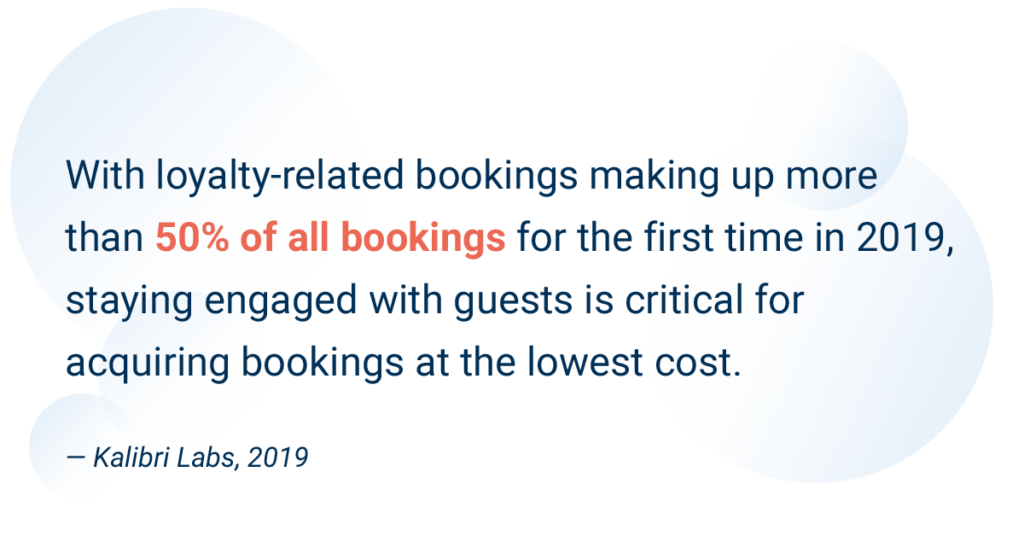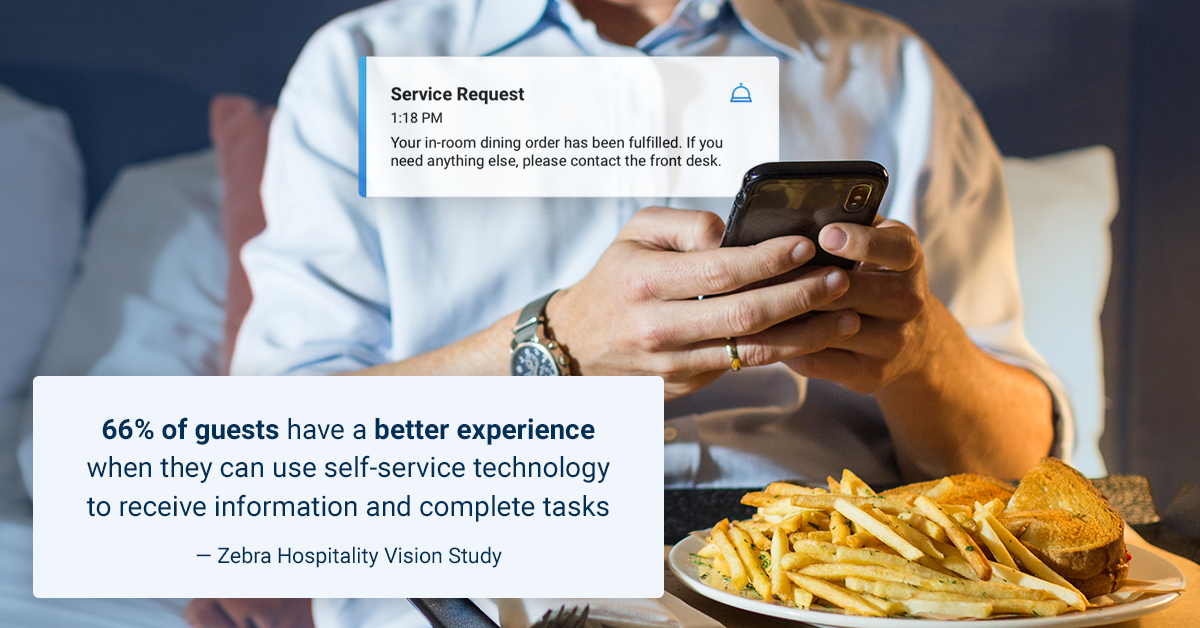There’s no way around it – the hotel industry, and the travel sector in general, are facing unprecedented times. The novel coronavirus (COVID-19) outbreak has effectively halted both business and leisure travel, dramatically reducing occupancy rates around the world.
At INTELITY, we understand the vital role that hospitality technology plays in increasing guest satisfaction and loyalty. Additionally, this same technology can be used to open up multiple communication channels between guests and staff at a time when social distancing is becoming the new normal. Effective digital guest communication is especially important in light of current events — not only will it allow properties to best ensure the safety of guests and staff while providing timely updates regarding an ever-changing situation, but it also provides opportunities for hoteliers to mitigate the long-term effects of the outbreak on the bottom line.
Strategy 1: Pre-Arrival Communications
Hotels that are still operating during the outbreak should implement clear communication plans for inbound guests. By sending a pre-arrival email to guests, hotels can ensure guest safety by clearly communicating the actionable steps being taken in public spaces and guest rooms to minimize the potential of viral transmission, including detailed cleaning protocols, hand sanitizer locations, staff health guidelines, and dining service changes.
Additionally, the pre-arrival email can be used to communicate any updates to cancellation/rescheduling policies. Guests’ travel plans are no doubt being severely impacted, and proactively messaging these policies can help assuage guest concerns while also reducing inbound call volume.
Finally, properties that offer mobile check-in can use the pre-arrival email as an opportunity to link to their guest mobile app. Mobile check-in technology allows guests to skip the front desk upon arrival and go straight to their rooms using a mobile key, which takes on even greater importance in the context of social distancing.
Strategy 2: Leveraging In-Room Tablets
In-room tablets provide another digital communication touchpoint between guests and staff. Guests can use tablets to submit service requests, order in-room dining, access property information, consume entertainment content, and much more. By allowing guests to communicate their needs through a tablet rather than a face-to-face interaction, potential transmission touchpoints can be reduced without a loss in service quality or timeliness.
In-room tablets can also be used to push personalized offers and promotions to guests. Given that guests may feel uncomfortable or unable to dine in on-property restaurants, offering a “virtual” happy hour or similar offer may still allow the property to capture lost revenue in a safe, guest-centered way.
Of course, tablets can also be a channel for sharing critical information around safety precautions, local updates, and more. The ability to manage tablet displays through a centralized content management system ensures that guests can receive relevant updates in real time.
Strategy 3: SMS Messaging
Increasingly, hoteliers are implementing SMS messaging into their guest messaging strategies. Similarly to tablets, SMS messaging can be used as a frictionless way for guests to request services, dining, and more, using a platform they are already familiar with. SMS messaging platforms are often scalable and can be either deployed to an entire database or be individualized to the guest, adding an extra layer of personalization to the interaction without putting guests or staff at risk. It also provides for timely two-way communication, which is critical in a fast-developing health situation.
By opening up a widely-used two-way communication channel, SMS messaging further empowers guests to do their part in ensuring public health safety. Guests who aren’t feeling well or who may otherwise require health assistance can communicate as such without needing to leave their rooms or potentially infecting guest room phones, minimizing transmission opportunities.
The hospitality industry has already been shifting to a more digitally-connected experience, and the coronavirus outbreak will likely accelerate the adoption pace for hoteliers looking to implement more robust multi-channel communication strategies. To learn more how to implement digital guest communication tools and best practices, schedule a demo with the INTELITY team today.

